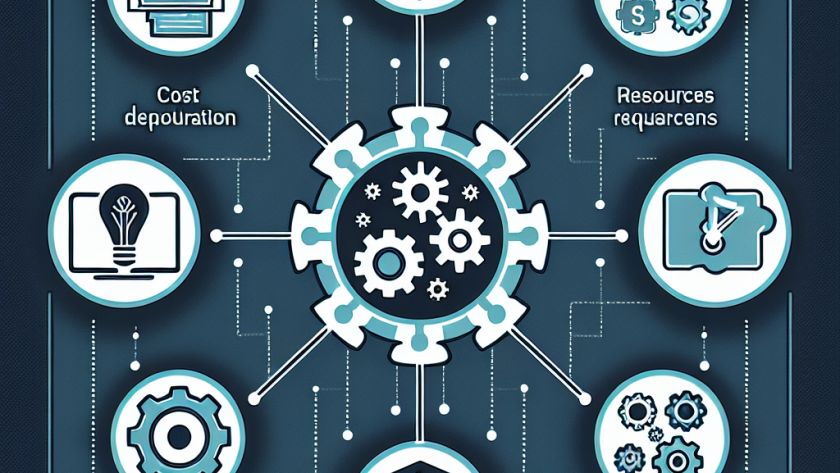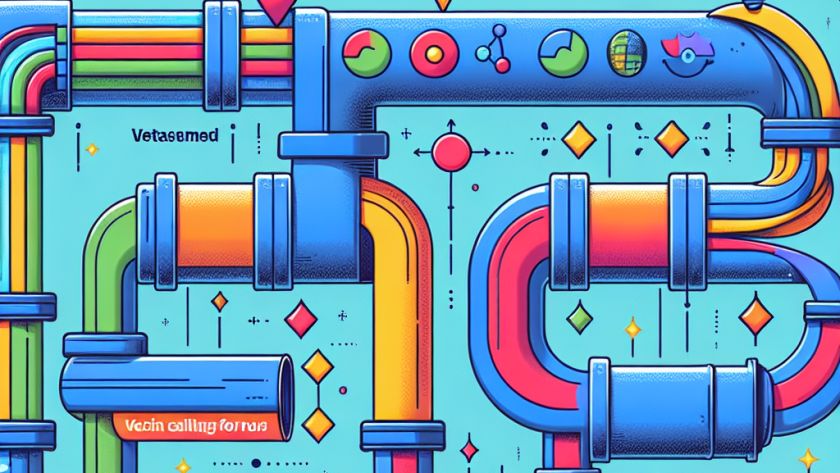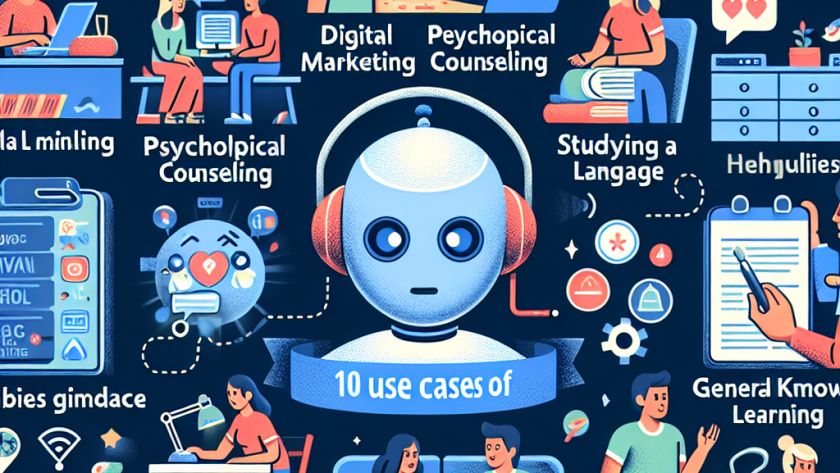The rapid evolution of natural language processing (NLP) is currently focused on refining large language models (LLMs) for specific tasks, which often contain billions of parameters posing a significant challenge for customization. The primary goal is to devise better methods to fine-tune these models to particular downstream tasks with minimal computational costs, posing a need…












